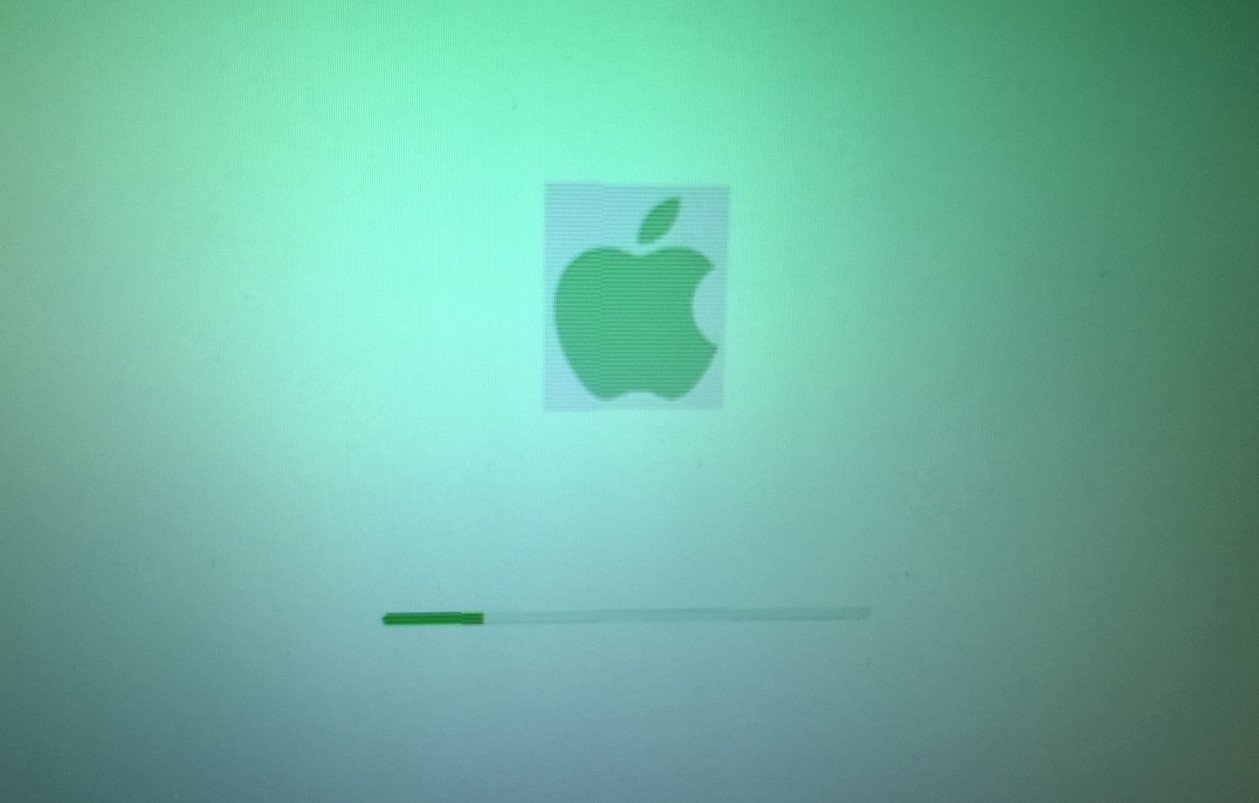News
AI EdTech Revolution? ChatGPT, Claude, and Gemini Gear Up to Challenge Traditional Learning
Artificial intelligence is edging closer to becoming your next study buddy. Leading AI companies—OpenAI, Anthropic, and Google—are all working on learning-focused tools that could shake up how students interact with course materials, prep for exams, and understand complex topics.
What began as simple chatbots offering quick homework help has quickly turned into a more serious, structured effort. These new features aren’t just answering questions anymore—they’re aiming to teach.
ChatGPT’s “Study Together” Could Be a Game Changer
OpenAI’s upcoming feature for ChatGPT, called Study Together, was recently spotted in testing by BleepingComputer. It’s not just another search tool slapped with AI. This one tries to act more like a teacher—or at least a very patient tutor.
The feature encourages an interactive back-and-forth, not just passive learning. Ask a question, and ChatGPT will walk you through the concept, offer related insights, and even quiz you later.
That’s right. Quizzes.
OpenAI appears to be building something far beyond flashcard-level help. Think guided practice, reviews, explanations in multiple formats, and maybe even adaptive difficulty.
This isn’t exactly your dad’s CliffsNotes.
Claude’s “Study Projects” Take a More Personalized Angle
Anthropic’s Claude isn’t sitting this one out either. Screenshots circulating on X (formerly Twitter) show that Claude is working on a “Study Projects” feature.
Its concept? Instead of just reacting to user prompts, Claude helps structure your entire learning process.
You don’t just ask a question and get an answer. You set a goal, choose what you’re studying, and Claude builds out a plan. Study guides. Visual aids. Topic breakdowns. You can tweak it anytime.
And Anthropic isn’t pitching this as a side feature. It’s front and center—an organized, supportive learning mode, not just a smart chatbot.
Google Brings Guided Learning to Gemini
Google’s approach with Guided Learning for Gemini feels familiar but still fresh.
Gemini isn’t just tossing out definitions anymore. Instead, it walks students through topics, step by step. Ask a complex question, and it’ll guide you toward an answer using a structured path—asking what you know, what you need help with, and even suggesting where to go next.
This is especially interesting since Google made its $20/month Gemini Advanced tier free for verified students.
So yeah, millions of students could soon get premium AI tutoring for free.
Here’s what’s known so far:
Gemini’s Guided Learning appears to offer structured explanations, progress tracking, and possible goal-setting
It’s still in testing, but expected to roll out widely for student users in the coming months
Could integrate with Google Docs, YouTube, and Search to offer multi-format learning paths
This is classic Google—leaning on its ecosystem to make its AI more than just text on a screen.
The Big Picture: AI Tools Won’t Replace Teachers… Yet
Let’s get one thing clear. None of these AI study tools are ready to replace real, trained educators. And frankly, they shouldn’t.
But they could definitely change how students learn outside the classroom.
For students juggling part-time jobs, family duties, or just weird schedules, having an always-on, judgment-free tutor could be a game-changer. Not everyone can afford $60/hour for a private tutor—but these tools might offer 80% of the benefit at 0% of the cost.
Still, there are some real concerns:
What if the AI gives wrong answers?
How do students verify what they’re learning?
Could these tools discourage critical thinking by offering too much help?
EdTech Is Watching Closely
The online education market isn’t exactly tiny. Valued at over $250 billion globally in 2023, it’s projected to exceed $600 billion by 2030, according to Statista.
If AI tools keep getting better at structured, interactive learning, they could bite into platforms like Coursera, Khan Academy, Udemy, or even Duolingo.
Here’s how they compare on a few core learning features:
| Feature | AI Study Tools (ChatGPT, Claude, Gemini) | Traditional EdTech (Coursera, Khan, etc.) |
|---|---|---|
| Personalized Learning Path | ✅ Strongly developing | ✅ Present, but less flexible |
| On-Demand Tutoring | ✅ 24/7 availability | ❌ Mostly limited to scheduled sessions |
| Structured Study Materials | ✅ AI-generated and adaptive | ✅ Pre-built but static |
| Human Interaction | ❌ None (yet) | ✅ Community forums, some live tutoring |
| Certification or Credit | ❌ No formal credit | ✅ Some courses offer credentials |
So far, no one’s betting these tools will make college obsolete. But that doesn’t mean they won’t make some noise.

 News11 months ago
News11 months agoTaiwanese Companies Targeted in Phishing Campaign Using Winos 4.0 Malware

 News11 months ago
News11 months agoApple Shuts Down ADP for UK iCloud Users Amid Government Backdoor Demands

 News10 months ago
News10 months agoJustin Baldoni Hits Back at Ryan Reynolds, Calling Him a “Co-Conspirator” in Blake Lively Legal Battle














